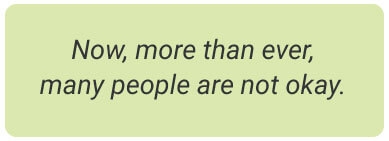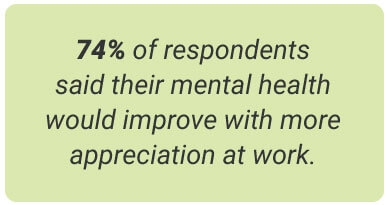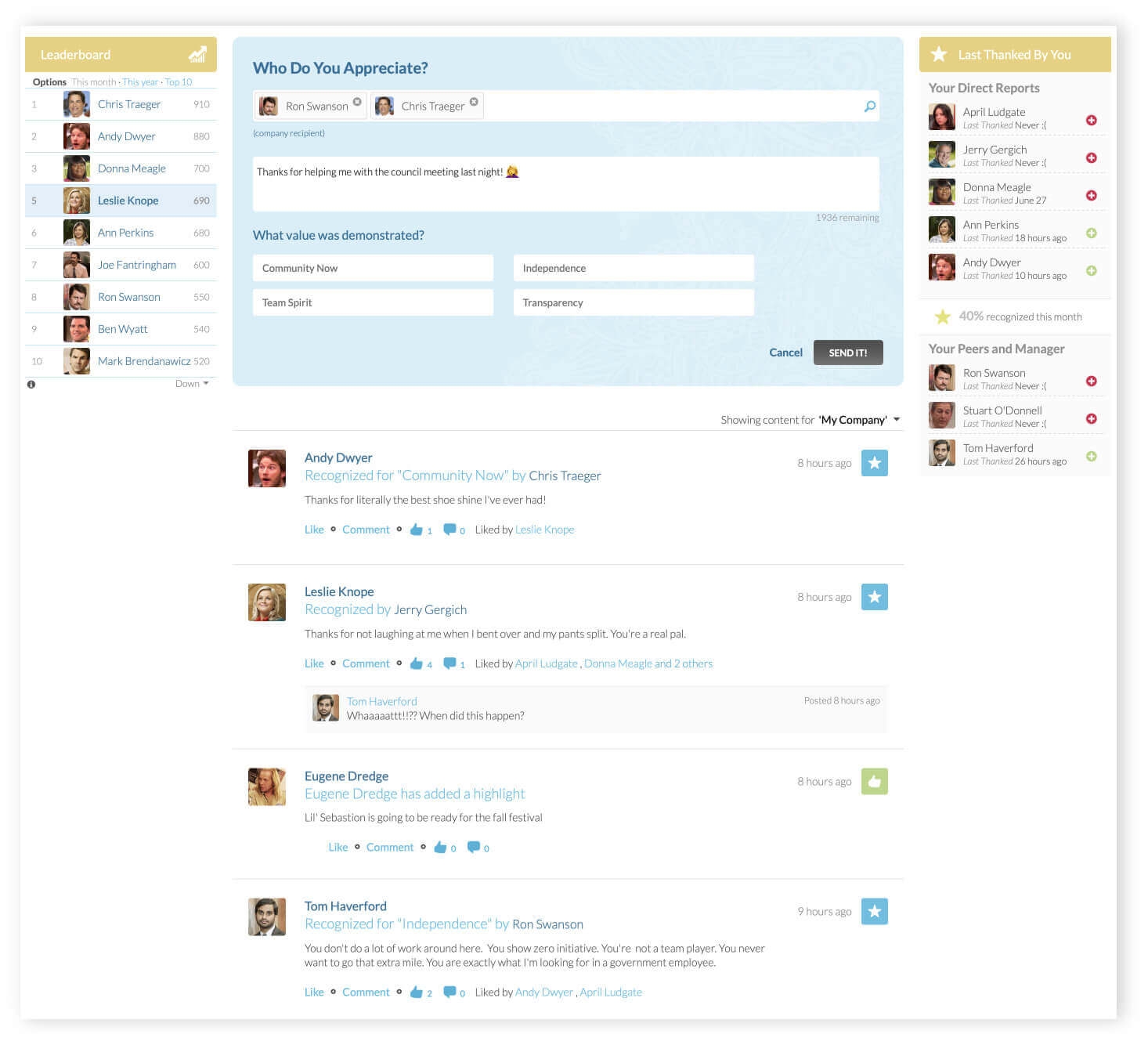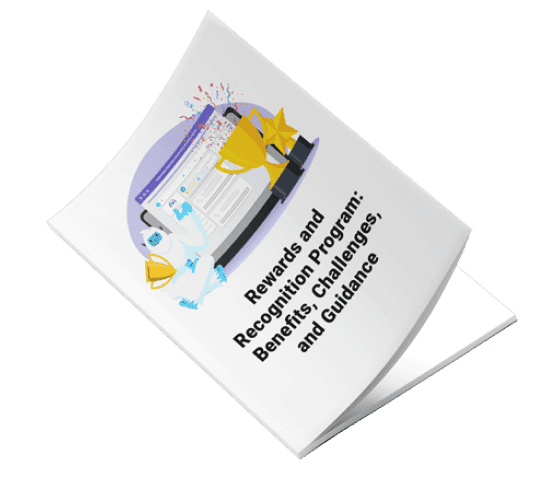
Avert the Mental Health Crisis at Your Company
January 29, 2021
|
Scott Johnson

The grievances: virtual workers feel lonely and unappreciated

1. Thanks matters
2. Influence currency

3. Mental health benefits
4. Be flexible: A little understanding goes a long way
About the Author

Scott Johnson is recognized as a technology leader and entrepreneur who has spent his career focused on making people’s time at work count for something more. As Founder and Chairman of Workfront, Scott has helped knowledge workers around the world be more productive. As Founder of Motivosity, Scott is helping people be happier about being at work.Scott is passionate about leveraging technology in social ways to ultimately help people be more effective and get more value out of life. When he’s not stuck behind a computer screen, you can find Scott trying to live up to his personal motto of ‘Stay Young’.
Learn More
Learn More






